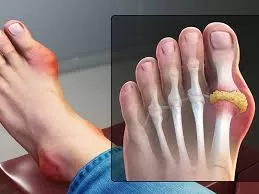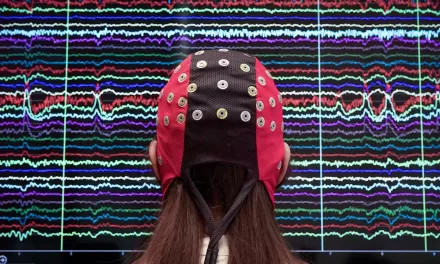The prevalence of gout, a type of inflammatory arthritis characterized by severe joint pain and swelling, is expected to increase by over 70% by 2050, according to a recent study. Researchers from the University of Washington’s Institute for Health Metrics and Evaluation (IHME) conducted the study, which was published in The Lancet Rheumatology.
In 2020, 55.8 million people worldwide were living with gout, representing a 22.5% increase since 1990. The study predicts that the number of individuals with gout will rise to 95.8 million by 2050. Males are disproportionately affected by gout, with a prevalence rate 3.26 times higher than that of females, and the disease also becomes more common with age.
The researchers estimated gout prevalence and years lived with disability (YLDs) from 1990 to 2020 using population-based data from 35 countries. They forecast that the age-standardized gout prevalence in 2050 will be 667 per 100,000 population. The projected increase is largely attributed to population growth and aging.
High body mass index (BMI) and kidney dysfunction are significant risk factors for gout. The study found that high BMI accounted for 34.3% of YLDs due to gout, while kidney dysfunction accounted for 11.8%.
A separate study by Harvard University researchers, published in the journal Scientific Reports, linked the rise in gout cases to the increasing prevalence of comorbid conditions such as obesity, insulin resistance, metabolic syndrome, hypertension, and renal diseases. To reduce the burden of gout, the researchers emphasized the importance of curbing high BMI through dietary and lifestyle modifications focused on body weight reduction. They also called for improved access to interventions to prevent and control gout flares.
The findings underscore the urgent need for public health initiatives to address the growing burden of gout, particularly through targeted strategies aimed at managing risk factors like obesity and kidney dysfunction.










